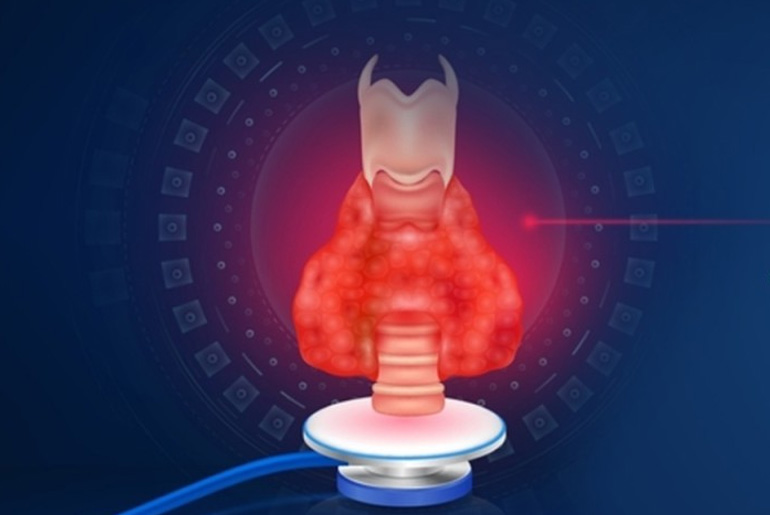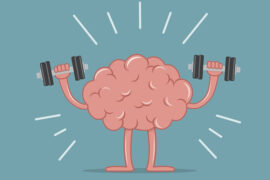Unveiling the intricacies of thyroid health, an expert has delved into the essential functions and potential disorders of the butterfly-shaped gland nestled in the neck. With a pivotal role in maintaining overall health, the thyroid gland’s hormone production governs a myriad of bodily processes. Any imbalance in these hormones, particularly thyroxine (T4) and triiodothyronine (T3), can lead to health issues, giving rise to hypothyroidism or hyperthyroidism. These disorders not only impact energy levels but also influence metabolism and organ function. To navigate the complexities of thyroid wellness, the expert provides invaluable insights and five practical tips for optimal management.
In an interview with HT Lifestyle, Amol Naikawadi, Joint Managing Director and Preventive Healthcare Specialist at Indus Health Plus, shared, “In India, thyroid diseases are common and affect people of all ages and socioeconomic statuses. According to Indus Health Plus, 13% of females and 6% of males have elevated TSH levels. Approximately 10% of Indian families had at least one member with a thyroid condition, according to the National Family Health Survey-4.”
He attached, “According to a study published by Lancet, Hypothyroidism is the most common form of thyroid that affects every 11% of the Indian population. Moreover, dietary practices, stress, and heredity all play a part in the increased prevalence of thyroid problems in India. This is especially true for women as they are more vulnerable to thyroid diseases and frequently associated with hormonal changes that occur during menopause and pregnancy.”
Various thyroid diseases:
- Hashimoto’s Thyroiditis: This is an autoimmune disorder where the immune system attacks the thyroid gland, leading to hypothyroidism. Over time, the thyroid may become damaged and unable to produce enough hormones.
- Thyroiditis: Inflammation of the thyroid gland can cause temporary hyperthyroidism or hypothyroidism, depending on the specific type of thyroiditis. It can be triggered by infections, medications, or other factors.
- Subclinical Thyroid Dysfunction: This condition involves having abnormal thyroid function tests without obvious symptoms. It can include subclinical hypothyroidism or subclinical hyperthyroidism.
- Congenital Hypothyroidism: Some individuals are born with an underactive thyroid gland, a condition known as congenital hypothyroidism. Early detection and treatment are crucial for normal development.
Lifestyle choices that may support thyroid health:
- Balanced Diet: Nutrient-rich foods are crucial for thyroid health. Zinc, selenium, and iodine are essential for the production and regulation of thyroid hormones. Whole grains, dairy products, nuts, and seafood are good sources of these nutrients. However, it’s important to avoid excessive iodized salt and processed meals, as too much iodine can also lead to thyroid issues.
- Frequent Exercise: Regular physical activity helps to boost metabolism and contributes to overall health. Exercise can also have a positive impact on thyroid function. It’s important to find an exercise routine that suits individual preferences and health conditions.
- Handling Stress: Chronic stress can have detrimental effects on thyroid function. Stress-reducing practices like yoga, meditation, and deep breathing exercises can help manage stress levels and support both physical and emotional well-being.
- Enough Sleep: Adequate and quality sleep is essential for hormone balance, including thyroid hormones. Lack of sleep or poor sleep quality can disrupt the delicate balance of hormones, impacting overall health.
- Regular Check-ups: Regular medical check-ups are crucial for early detection and management of thyroid disorders. Monitoring for symptoms such as fatigue, mood swings, or weight fluctuations is important, especially if there is a family history of thyroid issues. Routine blood tests can help assess thyroid function.
In addition to these lifestyle choices, it’s important to note that individual responses to lifestyle interventions can vary. Consultation with a healthcare professional is advisable for personalized advice and appropriate management, especially for those with existing thyroid conditions or symptoms.
Disclaimer:
The information contained in this article is for educational and informational purposes only and is not intended as a health advice. We would ask you to consult a qualified professional or medical expert to gain additional knowledge before you choose to consume any product or perform any exercise.







